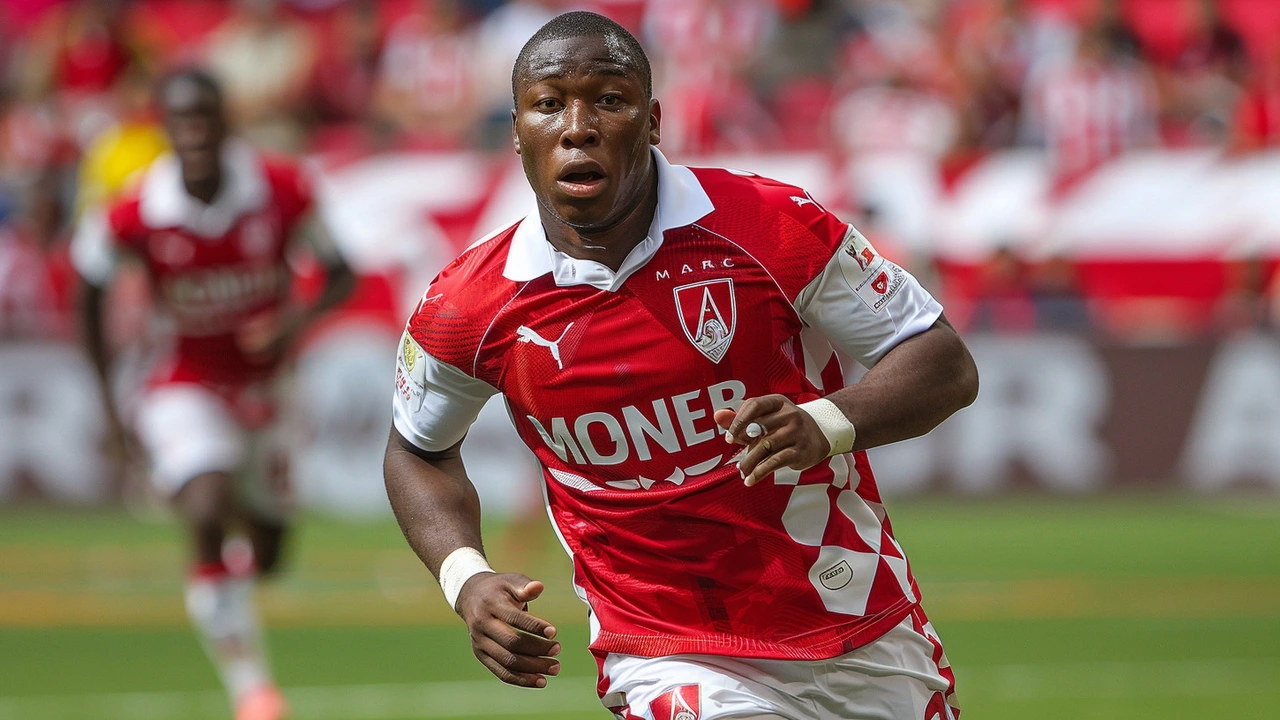Understanding the Importance of Anti-Homophobia Campaigns
Anti-homophobia campaigns are all about standing up against hate and discrimination toward LGBTQ+ people. These efforts aim to change attitudes, raise awareness, and promote equal rights so everyone can live without fear of harassment or violence. In Africa, where cultural and legal challenges persist, these campaigns are especially important for creating safer, more inclusive communities.
When people hear 'anti-homophobia campaign,' they might think it’s just about protests or social media posts. But it’s much more. These campaigns involve education in schools and workplaces, advocacy for legal protections, and support for those who’ve been targeted because of their sexual orientation or gender identity. It’s about changing minds and laws to make sure everyone’s treated fairly.
How these Campaigns Make a Difference
The impact of these campaigns shows up in many ways. For example, they help reduce incidents of hate crimes by promoting tolerance and reminding communities that everyone deserves respect. They also help governments understand why passing anti-discrimination laws matters. When people see stories from those affected by homophobia, it touches hearts and shifts perspectives.
Another big piece is visibility. Anti-homophobia efforts give LGBTQ+ people a platform to share their experiences. This visibility breaks down stereotypes and encourages others to be allies, standing united against prejudice. If you think about it, changing cultural narratives starts with real conversations and personal stories — that’s exactly what these campaigns push forward.
Getting Involved: What You Can Do
Anyone can contribute to fighting homophobia. Simple steps like speaking out against discriminatory remarks or educating yourself and others goes a long way. Supporting organizations that work on LGBTQ+ rights or joining local events can amplify the message. The goal is to create safe spaces where people don’t have to hide who they are.
In short, anti-homophobia campaigns aren’t just for activists. They’re a community effort to build respect and prevent harm. The more voices that join, the stronger the message becomes: hate has no place in our society.

Monaco's Mohamed Camara Suspended for Concealing Anti-Homophobia Badge
Monaco's midfielder Mohamed Camara faces a four-game ban for covering an anti-homophobia badge during a match against Nantes. The French football league suspended him for failing to support awareness actions. Both Monaco's management and the French sports minister strongly condemned Camara's actions.
